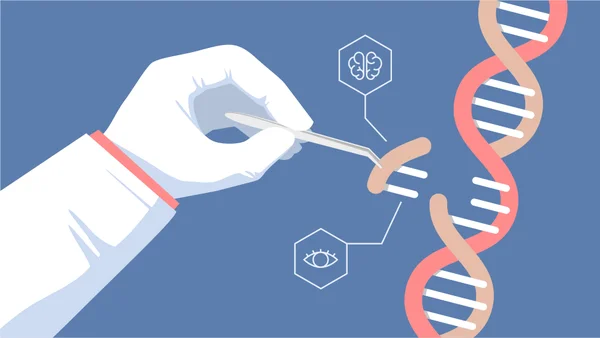
In recent years, we have been hearing a lot about CRISPR-Cas9 in the news, but what is it? A new type of hybrid apple? A new medicine?
Guess again! CRISPR-Cas9, or Clustered Regularly Interspaced Short Palindromic Repeats, is actually a gene editing technology used by geneticists to alter, delete, and add sections of DNA to the human genome. CRISPR is most commonly used as a means of enhancing genetic and physical characteristics (before a baby is born). Additionally, CRISPR is used to edit DNA in a manner that makes it resistant to viruses like AIDS and HIV.
The results of this technology are still widely unknown, meaning that some question whether the practice of genome editing is ethical. Moreover, some are concerned that CRISPR could be harnessed and exploited for the use of eugenics, the practice of selecting certain traits that are deemed “favorable” by society to create an “ideal” world.
Currently it is illegal to edit genomes in human embryos in the United States, but it is not illegal in China. In 2018, Chinese scientist He Jiankui became the first person to alter the gene of embryos (to make them HIV resistant) and create genetically altered human beings (twins actually)! Although this is a major feat, opinions concerning the situation vary widely. For example, some Chinese scientists described his actions as, “a huge blow to the reputation and development of Chinese science” (Kolata). From this assessment, and laws established in the United States, it is clear that some feel strongly that the use of genome editing crosses a line and veers into a territory where the long-term outcomes of gene editing are unknown.
Finally, the actions of Jiankui pose broader questions to be pondered. Is it ethical to genetically alter genomes for health reasons? Is it ethical to edit for intelligence boosts, or “beneficial” traits? Does the end justify the means?
Sources:
https://www.nytimes.com/2018/11/26/health/gene-editing-babies-china.html



